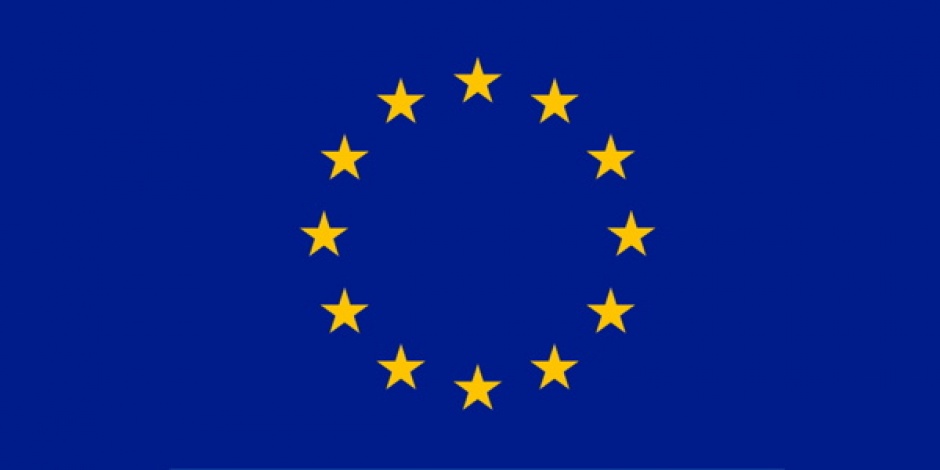
Harbottle and Lewis's Jeremy Morton takes a look at what Brexit is likely to mean for toy businesses when it comes to their intellectual property protection.
Whether it’s safety regulation or data protection laws, the EU has had a big impact on toy makers. Intellectual property too is protected by a myriad of EU directives.
It may not always be the clearest set of laws we could hope for (the shapes of LEGO bricks are not registrable as trademarks, but LEGO Minifigures are, and the Rubik’s Cube, well, we’re still waiting to find out about that one).
But the huge impact of the EU over the 25 years plus in which I’ve practised law has been the ‘harmonisation’ project. That is, striving to align laws and the scope of protection for innovation, across all Member States, in the context of the free movement of goods.
That won’t unravel for the remaining countries just because one country leaves the EU. In fact, if the UK becomes a member of the EEA, little may change. For now though, it is hard to predict how intellectual property laws in the UK will be affected by Brexit, and what strategies toy businesses should adopt regarding their intellectual property protection.
Obviously, the EU-wide IP rights such as the EU trademark and Community design rights will no longer include the UK once we leave the EU. This has practical and cost implications in terms of filing strategies.
There may be a ‘grandfathering’ of existing rights as part of the exit transition, so that you end up with a national UK registration plus the EU registration for remaining Member States. But if not, you would need to file a new application for the UK, losing priority for the period since the filing of your original EU application.
Given the uncertainty, some businesses will now take an extra-prudent approach to new filings, and apply both in the UK and EU - even though most trademark lawyers would suggest that this is likely to prove unnecessary.
The principle of ‘exhaustion of rights’ currently means that legitimate branded goods placed on the EU market with consent cannot be blocked at an EU border. This might no longer apply in the UK, unless we become an EEA member like Norway.
It would be possible to use UK trademarks and other intellectual property rights to stop ‘parallel imports’ of imported genuine goods, and vice-versa. In this scenario, the UK would be a separate market from the EU: the drawbridge would be up. It is anyone’s guess how likely this is.
Parties to EU distribution or licence agreements may already be re-examining their terms, and whether the business rationale could be affected by Brexit. But this is unlikely by itself to be grounds for terminating a contract, unless specifically provided for, or unless it constitutes ‘force majeure’.
There is not likely to be a seismic shift in legal protection for innovation and brands. It is unlikely that the UK will completely rewrite its laws and throw out EU principles.
The essential features of European trademark protection, copyright and designs law are likely to remain a part of UK laws unless there is a strong reason for them to be rejected immediately.
Only over time, with English courts and Parliament no longer required to follow EU legislation or judgments, will we develop independent principles that may diverge markedly from EU law.
There will be a lot of interest in how UK data protection laws develop, given that the new and more onerous EU ‘General Data Protection Regulation’ will apply in Member States from May 2018.
On the technical side of things, the EU Unified Patent Court system and the Unitary Patent were about to come to fruition after years of preparation, providing a one-stop-shop for patent enforcement in the EU. This will now almost certainly not include the UK.
In fact, Brexit will also seriously delay, and possibly completely derail, the commencement of the Unified Patent Court for the remaining Member States: the UK’s ratification was essential to commencement and the UK was to be the location of one of the three central divisions.
Who knows if the remaining Member States will continue to have much enthusiasm for the project?
For the avoidance of doubt, and a little confusingly, none of this affects the long-established ‘European patent’ system, which is not specific to EU member states.
And finally, this doesn’t necessarily stop with the UK.
Businesses should be alive to similar issues looming in other EU Member States, and take care when drafting any EU-related licences or other IP agreements.
There is no need for immediate panic, but Brexit will, in due course, have huge implications for IP rights holders and licensees.





